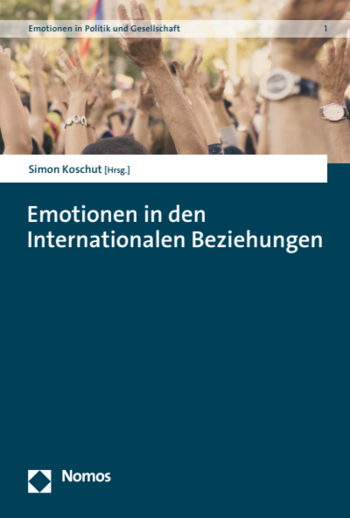Emotionen in den internationalen Beziehungen
Koschut, Simon (Hrsg.) – 2020
Emotions are omnipresent in international politics, such as such as compassion for the suffering of others or fear of war and poverty. poverty. For a long time, however, the intellect was considered to be the highest of man. However, the most recent, groundbreaking findings of the new sciences challenge this dictum: emotions and rationa- lity, emotion and intellect. emotion and rationality, emotion and reason, are not contradictory, but rather mutually are mutually dependent. In this way, a credo of the Enlightenment, such as that formulated by Des- cartes Descartes - namely, that reason should rule over emotion and not the other way round. and not vice versa - is at least relativised. On the contrary research shows that rational decisions are often impossible without emotions (Damas are often impossible without emotions (Damasio 1994; LeDoux 1996). Emotions lend intensity and relevance to our preferences, motivate us to act and also motivate us to act and also make us feel the consequences of our actions. felt. In some cases, emotions even condition rationality: if I feel unfairly treated, then refusing a material advantage can be quite rationality: if I feel unfairly treated, then rejecting a material advantage may be rational (Mercer 2010). Emotions are also a moral compass, because they allow us to sense what behaviour is appropriate is appropriate and which is not (Jeffery 2014).


